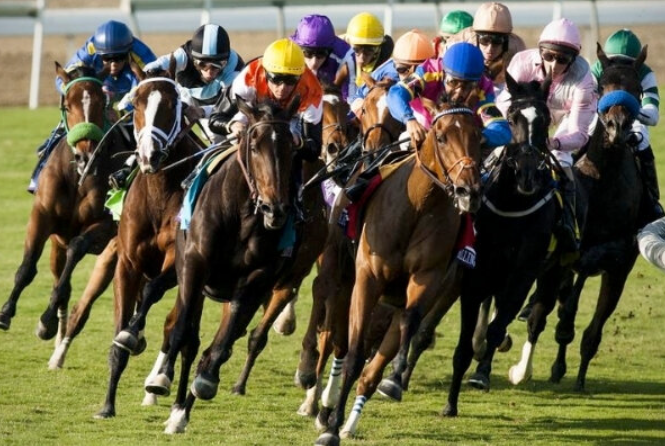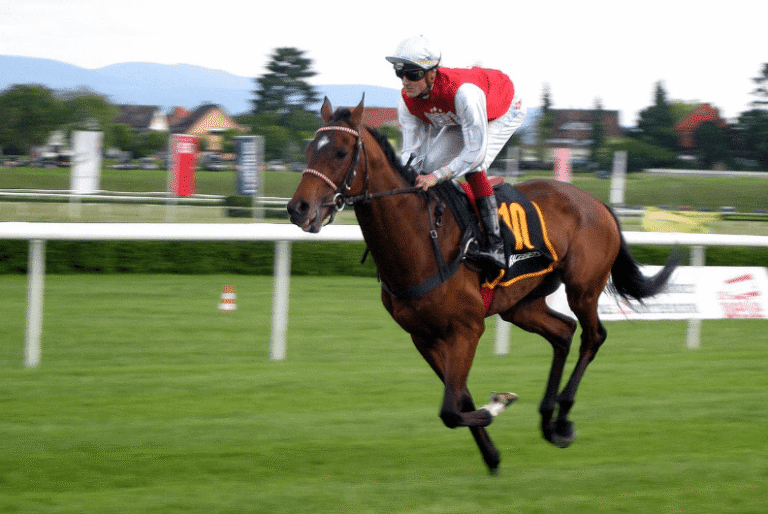How Horse Racing Supports Animal Welfare: A Look at the Industry’s Efforts
The horse racing industry is making notable strides in animal welfare. With a focus on enhanced veterinary care, more racehorses receive preventive treatments and compassionate monitoring. Additionally, retirement programs offer these athletes the chance to pursue second careers, ensuring their well-being beyond the racetrack. However, questions remain about the effectiveness of these initiatives and their long-term impact on the horses’ lives. What more can be done to ensure a culture of compassion and responsibility?
Enhanced Veterinary Care and Monitoring
Enhanced veterinary care and monitoring play a crucial role in promoting the well-being of racehorses, ensuring their health and safety throughout their careers.
Through preventive measures and advanced treatments, veterinarians actively safeguard these majestic animals from injury and illness.
This compassionate approach not only enhances performance but also prioritizes their overall welfare, allowing racehorses to thrive in an environment that values their freedom and dignity.
See also: How Horse Racing Became a Global Phenomenon
Retirement Programs and Second Careers for Racehorses
As racehorses transition from their competitive careers, it is imperative to provide them with retirement programs that prioritize their well-being and future opportunities.
Adoption initiatives play a crucial role in facilitating career transitions, allowing these majestic animals to thrive in new environments.
Improved Track Conditions and Safety Measures
While the thrill of horse racing captivates audiences, the safety and well-being of the athletes must remain paramount.
Recent advancements in track surface innovations and comprehensive injury prevention strategies have transformed racing environments.
These efforts not only enhance the performance of racehorses but also prioritize their health and longevity, fostering a culture of responsibility and compassion within the industry for all equine athletes.
Education and Advocacy for Responsible Ownership
How can education and advocacy transform the landscape of horse ownership?
By emphasizing responsible breeding and comprehensive owner education, the industry can foster a culture of informed decision-making. This ensures that horses are cared for throughout their lives.
Advocates highlight the importance of ethical practices, empowering owners to prioritize animal welfare and create a harmonious relationship between horses and humans, ultimately promoting a more compassionate equestrian community.
Conclusion
In the evolving landscape of horse racing, the industry’s commitment to animal welfare resembles a nurturing garden, where each initiative—be it veterinary care, retirement programs, or improved safety measures—serves as a vital seed planted for the future. As these efforts take root, they foster a culture of compassion and responsibility, ensuring that racehorses not only thrive during their careers but also transition smoothly into fulfilling lives beyond the track. Such dedication reflects a profound respect for these majestic athletes.






